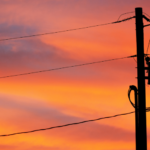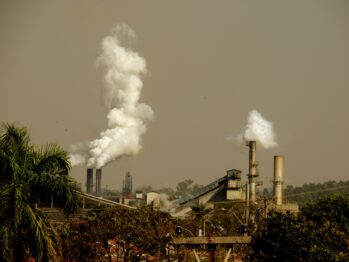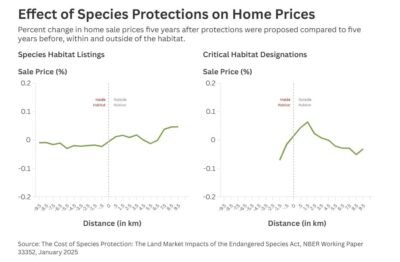One of President Trump’s first actions when he entered the White House this year was to again remove the United States from the Paris Agreement, the treaty that has served as the core framework for international cooperation on reducing greenhouse gas emissions and adapting to climate impacts. The administration argues that the agreement economically disadvantages the United States. The agreement’s supporters argue that there is no path to avoiding disruptive climate change without international cooperation, and that the United States is an indispensable leader in fostering global coordination on climate.
In the absence of U.S. leadership, at least at the federal level, what will happen to global cooperation on climate? Is there any international cooperation on climate that would be supported by both sides of the debate? Is this a four-year bump in the road that is reversible or the beginning of a more global shift? What role will China play going forward?
On May 1, the Institute for Climate and Sustainable Growth hosted a conversation with a group of recognized leaders on these issues, including former Foreign Minister of Pakistan Hina Rabbani Khar, former lead U.S. climate lawyer and Principal Deputy Special Envoy for Climate Sue Biniaz, and former climate advisor to President Donald J. Trump George David Banks. The conversation was moderated by Amy Harder, executive editor of Cipher.
Each panelist provided an insider’s look at different aspects of the international climate negotiations. The discussion began with a forecast of US climate diplomacy under the new administration. Biniaz and Banks commented on the differences in the administrations’ withdrawals from the Paris Agreement.
“Under Trump 1, thanks to Dave Banks, the United States was still able to engage constructively in the development of the rules under the Paris Agreement,” Biniaz said. “This time, it doesn’t look like it’s going to be that way. So far, the US climate team has not been able to engage at all.”
Banks added his perspective as a former Trump climate advisor. “Moving into the second term, there was no debate whatsoever related to Paris,” he said.
The panelists also discussed the vacancy of international climate leadership left by the United States’ withdrawal from the agreement.
“The ability of the US to both inspire and to give pain is an exceptional ability when it is used for the better of the world in the form of being able to negotiate the common good on climate change,” said Khar. “That space on being the arbitrator of the common good is not going to be filled by anyone else because no one does diplomacy the way the United States does diplomacy.”
The panelists debated whether China would step in to help fill that leadership role, and if so, what the consequences would be.
“I’m of a very mixed mind about it,” said Biniaz. “From a climate and saving the Earth point of view, I would welcome it… from a US citizen point of view, it really pains me to think that we’ve ceded that role.” Though, Biniaz noted, it is unclear whether China will emerge as a leader.
The event finished with questions from the audience, during which the panelists were asked to share some positive news on climate.
“There’s some good news inside the United States at the sub-national level,” Biniaz said, citing the coalition of states that have committed to the goals of the Paris Agreement. “I think that’s important for our diplomacy to show that the US is not a monolith.”
Khar pointed to the progress in clean energy technologies. “Renewables have become so accessible and cheap,” she said. “We are now in a position where, if we will it to happen, it can happen.”














